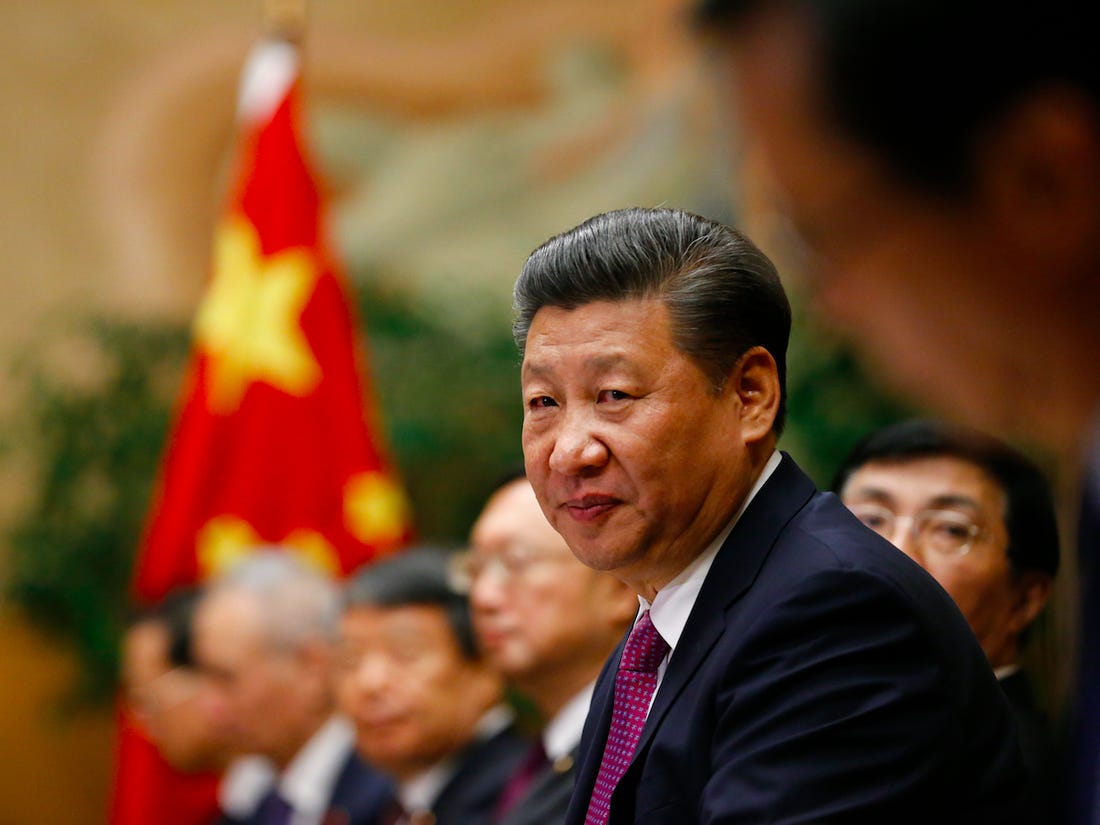How have Chinese students studying abroad been affected by COVID-19?

A few minutes every morning is all you need.
Stay up to date on the world's Headlines and Human Stories. It's fun, it's factual, it's fluff-free.
China exports the greatest number of international students to college campuses around the world. According to China Daily, a government-owned newspaper, the Chinese Ministry of Education reported that 662,100 students were studying outside of China in 2018, an increase of 8.83% over the previous year.
By 2020, however, that number had skyrocketed to some 1.6 million, according to China’s Foreign Ministry. As these numbers indicate, many Chinese students seek education in western countries, such as the United Kingdom, the United States and Australia.
With the onset of COVID-19, however, life for Chinese students studying abroad has become somewhat complicated.
As the first wave of the virus emerged in Wuhan, China, the initial epicenter, many western countries had yet to face the problem head on.
Now, the United States and several European nations are leading the world in overall cases and deaths, while China has started to ease its own internal lockdown measures despite concerns that a second wave of the virus could surface, likely transmitted by those coming in from outside the country.
Discrimination from abroad and within

As COVID-19 spread in Wuhan, garnering the attention of global media outlets, the public’s initial association of the virus with China led to reports that people of Asian descent were being looked at with suspicion and were victims of racism in the West.
Social media has seen an influx of anti-Chinese sentiment, which some researchers fear could lead to repercussions in the physical world. “When [the hateful rhetoric] becomes normalized … it dehumanizes Chinese and Asians,” argued Russell Jeung, chair of San Francisco State University’s Asian American studies department.
“Following xenophobic policies or statements, the next week we would see boycotts of Asian businesses and then the following week more interpersonal attacks on Asian individuals,” he added, referring to research he conducted into the correlation between racism and discriminatory policies and language in the public sphere.
In China, meanwhile, reports have surfaced that some negative sentiment, especially online, has been directed toward Chinese nationals returning from abroad, including international students. Some have accused returning Chinese nationals of potentially bringing the virus back into the country.
“Right now, public opinion in China is very unfriendly towards Chinese overseas students, and quarantine facilities there are mixed," said Hestia Zhang, a graduate student at Yale University in the United States.
Some on Chinese social media have lambasted returning students not only as a potential biological threat, but also as people of privilege and wealth who were able to avoid the worst of the virus at home, but then expected the country to take them back once life abroad became untenable.
“They eat food from our bowl, yet turn on the motherland as soon as they stop eating. We don’t need to take them back,” wrote one user on the popular Chinese social media site Weibo.
The government is supporting us

On April 8, 2020, Beijing announced that it would charter flights to bring back Chinese students who were stranded overseas. As of now, flights into China remain difficult to find, especially at reasonable prices.
Yet despite the controversy at home, some international students emphasize their appreciation of the government’s efforts.
“The government in China cares about the current situation for students,” argued Amber, a student at Monash University in Australia. Amber, who was uncomfortable giving her full name, spoke with The Millennial Source about the proactive steps she said the Chinese government is taking to assure her health and wellbeing.
“The governmental personnel gave a call to my mother, asking about where I am right now, and my study plan in the future. [Whether I was] choosing to go back to China or stay in Australia,” she added.
Other students report that the government has sent them care packages to help them ride out their terms abroad, including N95 face masks that are sometimes in short supply in western countries.
“It makes us feel safer and saves us from panicking,” said MD, a student at Melbourne University, after receiving her kit from the government.
As for the lack of regular flights and Beijing’s efforts to curb further exposure to the virus, she noted that the government’s actions were “understandable” and acknowledged the pressure on officials to prevent COVID-19’s reemergence. “If the virus spreads again in the major cities in China it’s going to be detrimental, and millions of people may be affected.”
Changes in future plans?
In the UK, one of the most popular destinations for Chinese students looking to study abroad, some officials worry that the virus could lead to many students deciding to stay home for the upcoming school year, leaving universities with huge budget shortfalls.
According to a recent survey by the British Council, the country’s international organization for cultural relations and international opportunities, out of a pool of 8,481 Chinese international students, just 27% said they were unlikely to cancel their study plans for the coming year.
“The scale of the shock is mind-blowing,” said a senior executive at a University in Scotland. “Some institutions are modeling between a 50% and 100% drop in international students. That is not scaremongering.”
Have a tip or story? Get in touch with our reporters here!
Sign up for daily news briefs from The Millennial Source here!




Comments ()